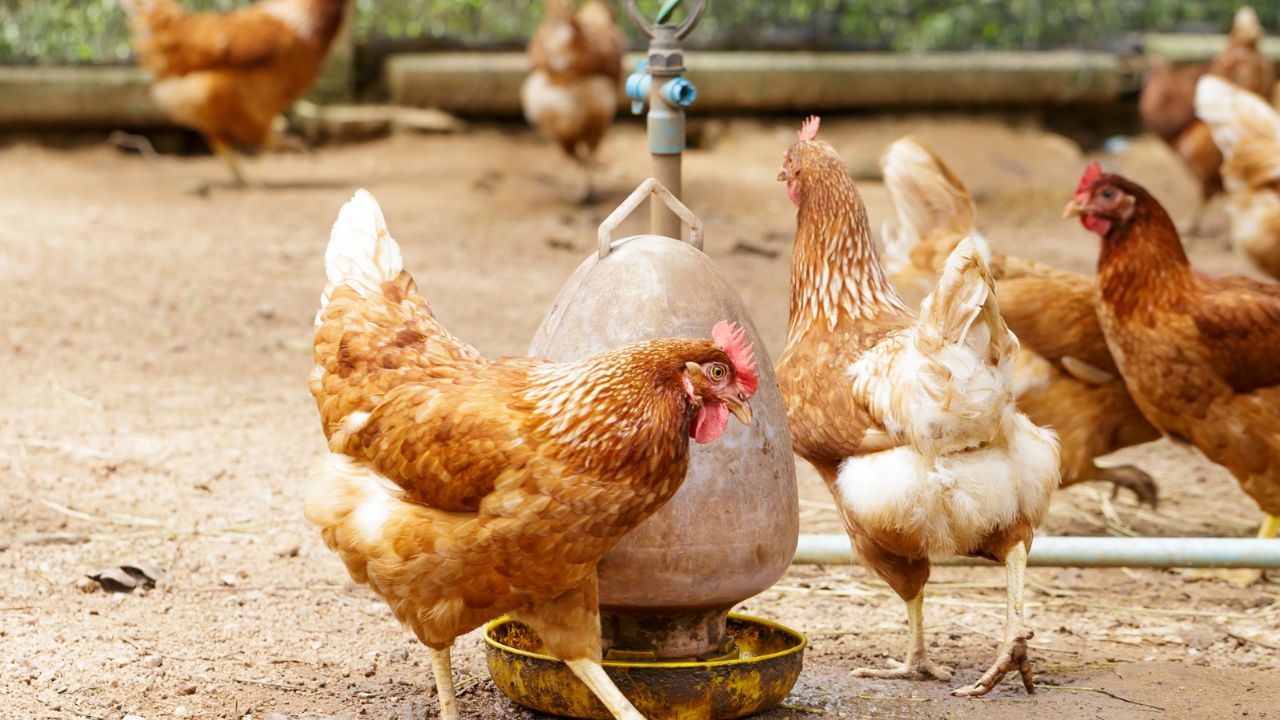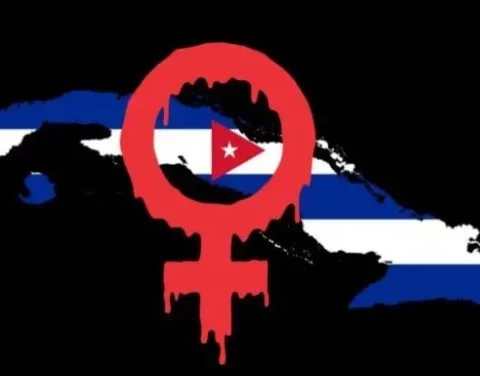The Minister of Economy, Sergio Massa, together with the Secretary of Agriculture, Juan José Bahillo, and the President of SENASA (National Service for Agro-Food Health and Quality), Diana Guillen, announced new measures in view of the advance of the bird flu in the country.
This after SENASA detected three new cases of influenza in the province of Cordoba. Thus, there are eight cases of bird flu confirmed in wild and backyard birds to date (5 in Córdoba, 1 in Salta, 1 in Santa Fe and 1 in Jujuy).
For this reason, the Government will maintain the state of health emergency, in addition, the authorities remain on maximum alert to prevent the bird flu spreads to other provinces, including the production chain, which has not happened so far.
Therefore, as part of the measures to be implemented Sanitary control will be extreme at border crossings and within the commercial circuit. However, the Minister of Economy warned that there is no risk for the population or for exports.

“There is no risk for the population. There is no risk for Argentine exports. A job is being carried out by SENASA and the National State that requires the strong involvement of provincial authorities, as well as the Gendarmerie, Customs and the Ministry of Cheers,” he said.
Likewise, the Government will allocate almost $1,000 million to strengthen the detection system, this in order to add personnel, laboratory supplies, logistics, equipment, and infrastructure strengthening for border posts.

In addition, producers affected by the disease will be compensated, “We want to bring peace of mind so that those who have symptoms are not afraid to communicate and disseminate”indicated Bahillo, who also pointed out that the sector is facing one of its worst crises due to various phenomena and, to overcome it, it is necessary to “work together.”
How avian flu advances in the country
SENASA reported that so far 98 notifications have been received about suspected cases of influenza in wild or backyard birds. Of these, only eight cases have been confirmed.

However, for now the virus has not reached the production system, as happened in Bolivia and Peru, where hundreds of birds were slaughtered to prevent the spread of the virus and not put other animals and people at risk.


















